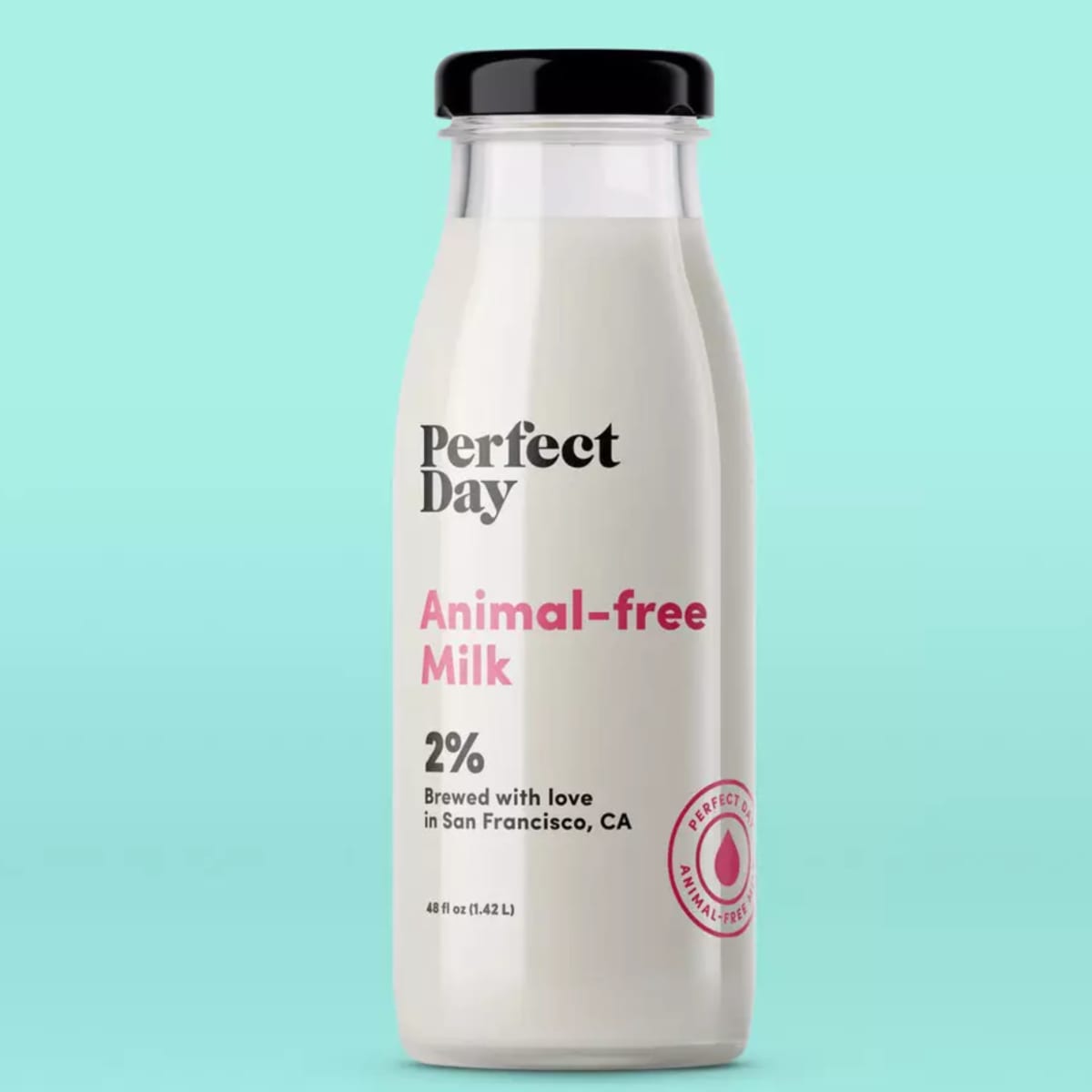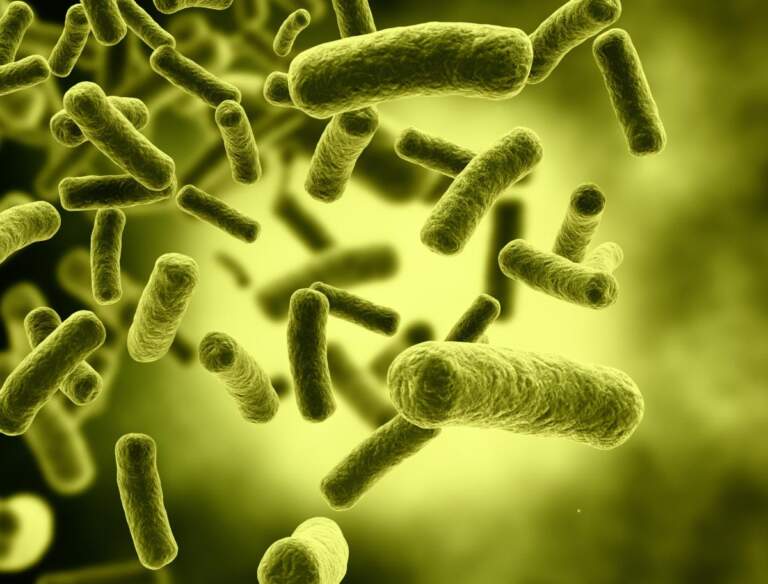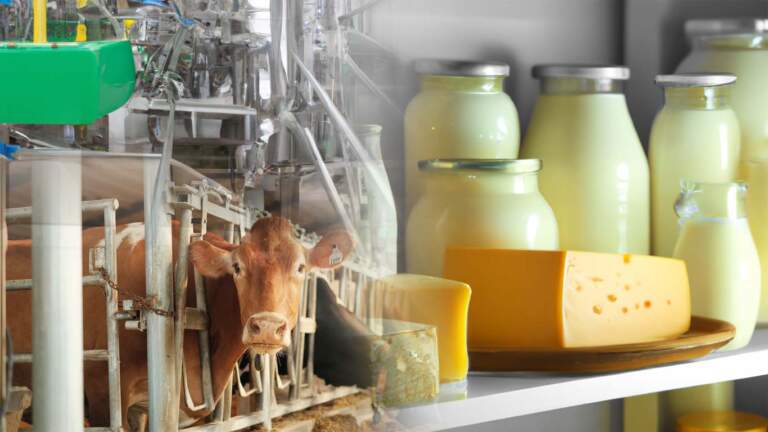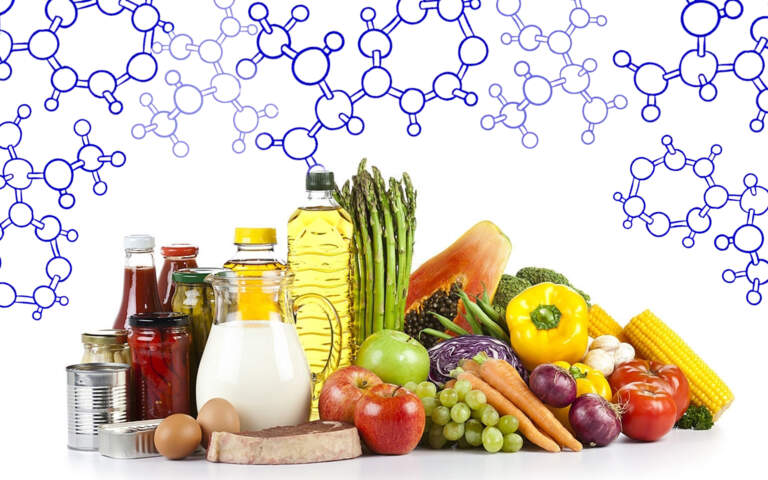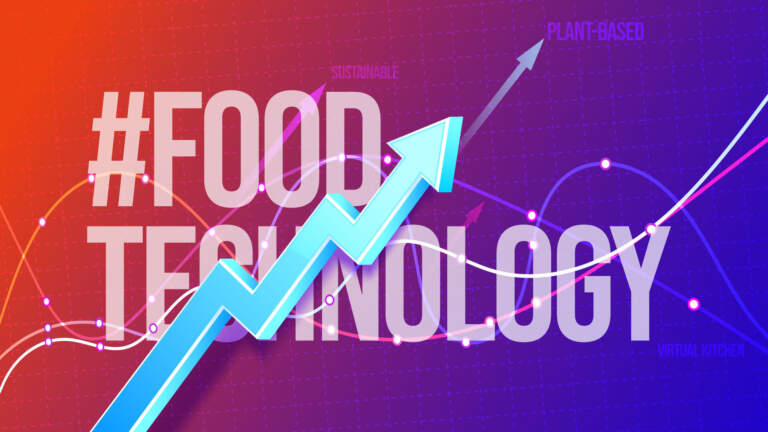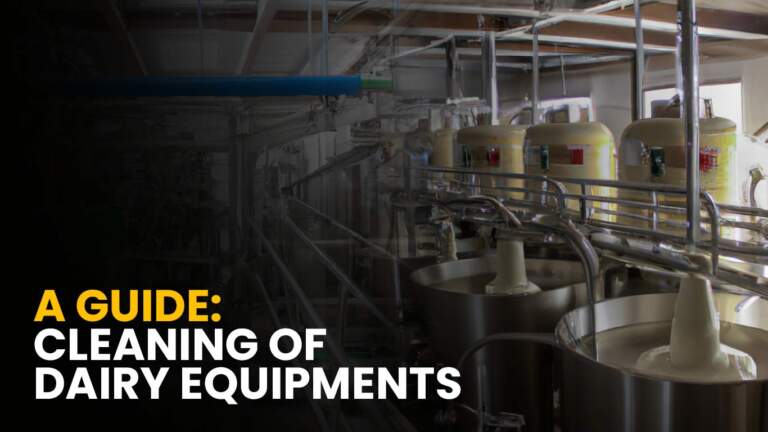Since thousands of years, people have relied on milk from buffaloes, cows and other animals to get the desired nutrition. However, some people are lactose intolerant and hence need a substitute for the milk produced by these animals. Plant-based milk is the alternative!
There are many companies which are concentrating on producing plant-based lab milk as a substitute to bovine milk. Many of us know the fact that bovine milk is more nutritional than vegetable-derived milk. Need for other substitutes have begun, thanks to the technological advancements, certain companies are making milk in laboratories. This article explains everything that you need to know about laboratory milk, its nutritional benefits, flavour and drawbacks.
What is the science behind plant-based milk
Many of us may wonder what is the source of lab milk, whether lab milk can imprint the flavour and nutrition of the bovine milk from animals.
Yes, it is based on the same grounds as lab-grown meat, which uses tissue grown from harvested animal cells without slaughtering the live animals. However, lab milk is not made from the animal cells, it is made from genetically modified yeast.
The principle behind the production of lab milk is fermentation, duplicating the major milk proteins (whey and casein) is the key here. The process appears same as, how the scientists use yeast to ferment sugar into alcohol or leavened bread.
Many companies like Perfect Day use Trichoderma reesei yeast to convert the plant sugars into protein. For this, they use genetically modified yeast and insert the milk protein genes into DNA.
However, the final product is not a genetically modified product because the filtration process separates the protein from the yeast. After fermentation, the product containing sugar and protein is filtered and dried to make powder. Then, the scientists add the powder into the water along with vitamins, minerals, fats and sugar in the same composition as in milk.
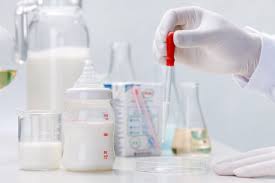
Comparative analysis of nutritional profile with bovine milk
As we already know that the plant-based alternatives like almond, rice, coconut and soy milk are nutritionally inferior to the cow milk, for example, 1 cup of cow milk pack contains 7 gram of protein, 8 grams of fat, 12 grams of carbohydrates. On the other hand, the almond milk contains only 3 grams of fat to grams of protein and 2 grams of carbohydrate.
Plant-based milk is also deprived of vitamin D and calcium. Some of the manufacturers add these nutrients later to increase the nutritional profile.
On the other hand, lab milk is a complete replication of components found in cow milk. It has the same amount of carbohydrate, fat and protein as there is in the cow milk. It also contains beta-lactoglobulin which is major whey protein present in cow milk.
However, specific nutrient information is not available since the development procedure is still going on.
What are the Benefits and drawbacks of plant-based milk?
1. Lactose intolerant people
More than half of the population has a reduced ability to digest lactose, this is because their bodies stop producing an enzyme called lactase which is responsible to digest lactose.
Lab milk can benefit lactose intolerant people as it contains only plant sugars instead of lactose.
But it’s still not a good option to the people who are allergic to casein (cow’s milk protein).
2. Vegans
Some people may market it as a vegan because it does not include confinement of animals and their use in any manner.
Some people may consider it as non-vegan because it uses genes from milk protein in the manufacturing process.
3. Impact on environment and sanitary level of product
Emission of greenhouse gases is harmful as it gives rise to environmental concerns. The dairy industry is a major source of greenhouse gas emission namely; carbon dioxide, methane and nitrogen oxide which contribute to deterioration in environmental conditions.
On the other hand lab milk has very low carbon footprint & low pollution levels when compared to bovine milk.
The livestock is kept in confined animal feeding operations (CAFOs) which certainly is an issue of public health and animal welfare. On the other hand, lab milk doesn’t create any kind of animal welfare concerns because of no involvement of dairy animals.
Drawbacks
The people who are allergic to cow milk protein may also experience allergic reactions to the lab milk.
Study shows that some ingredients such as plant-based fat and sugars of lab milk may possess some side effects upon consumption.
Key points
During the preparation of the lab Milk (plant-based) as a substitute to bovine milk, scientists use yeast (Trichoderma reesei) for the fermentation of the plant sugar, to get whey and casein proteins, which may help in fulfilling the amino-acid requirement of the human body. Lab milk resembles bovine milk produced without any animal involvement and emission of greenhouse gases.
FDI has approved the use of Trichoderma reesei in the production of lab milk as safe.
Lactose intolerant people can consume lab milk. It includes vitamins, minerals and plant-based sugars and fats.
It can be considered as vegan but some specific nutrient composition is not available.
Reference:
- Healthline,
- Pubmed central

